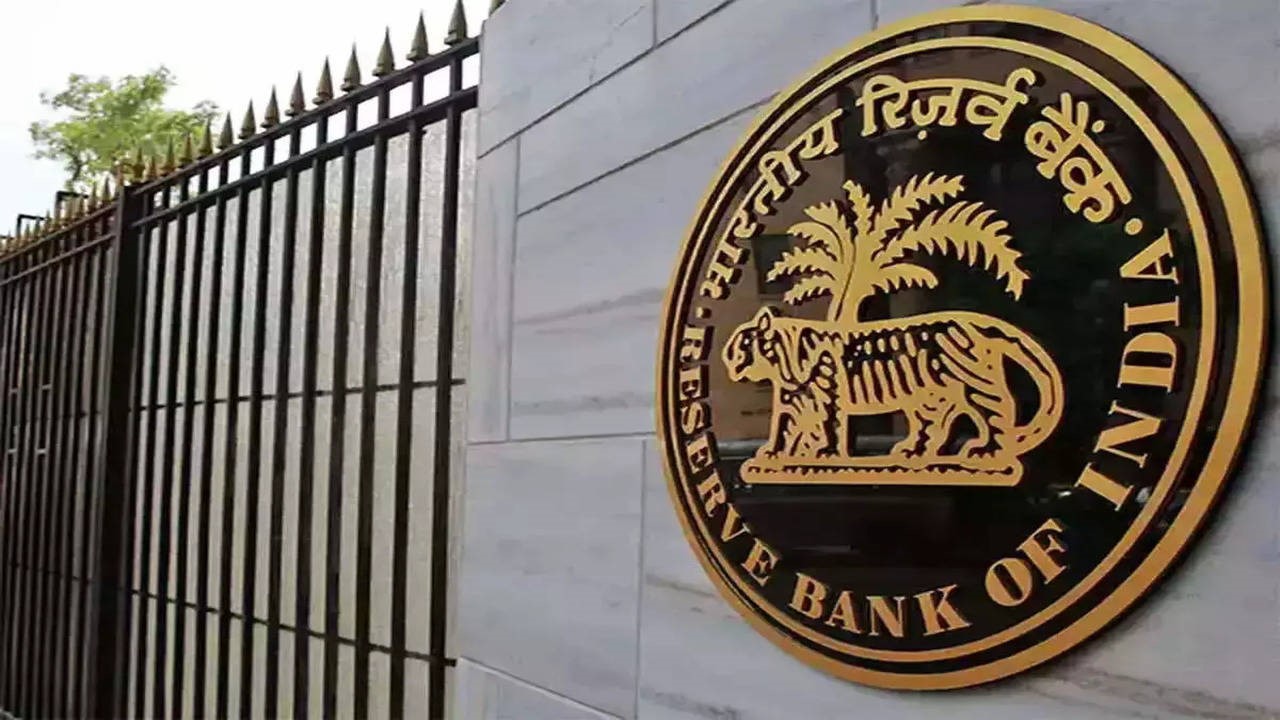Free Courses Sale ends Soon, Get It Now


Free Courses Sale ends Soon, Get It Now



Disclaimer: Copyright infringement not intended.
Context
Key Features of the New RBI Rules
Ban on Penal Interest:
Restriction on Additional Charges:
Purpose of Penal Charges:
Penal Charges vs. Penal Interest
Penal Charges:
Penal Interest:
Implementation Timeline
Determining Penal Charges
Applicability to Other Loan Products
|
PRACTICE QUESTION Q. What is SCORES 2.0 recently launched by SEBI? Explain its significance in the securities market and highlight its key features aimed at enhancing investor complaint redressal. |
© 2024 iasgyan. All right reserved